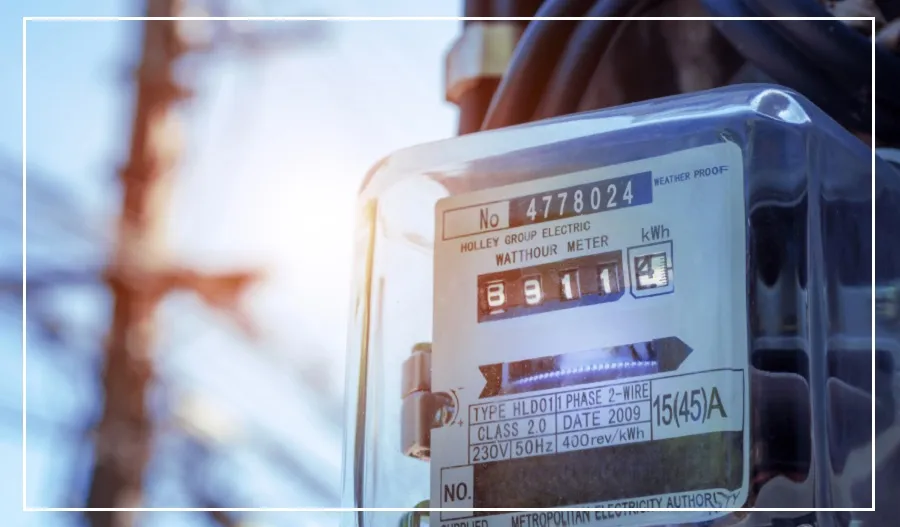The PM Surya Ghar Free Electricity Scheme, launched by the Government of India on February 29, 2024, aims to increase solar rooftop capacity and empower households to generate their own electricity.
With an outlay of ₹75,021 crore, the scheme is expected to be fully implemented by the financial year 2026-27.
It offers up to 300 units of free electricity through solar power and provides significant subsidies for the installation of solar panels on residential rooftops.
Features of the Scheme
Free Electricity: Households will receive up to 300 units of free electricity by installing solar panels.
Government Subsidies: The scheme provides subsidies for installing solar units up to 3kW:
60% subsidy for systems up to 2kW.
40% subsidy for additional capacity between 2kW and 3kW.
Maximum subsidy limited to 3kW.
For example, the subsidy for a 1kW system is ₹30,000, while for a 3kW system, it can go up to ₹78,000, with further state-level subsidies available.
Who Can Apply for the Scheme?
To be eligible for the PM Surya Ghar Free Electricity Scheme, applicants must meet the following criteria:
Must be an Indian citizen.
Must own a house with a suitable rooftop for solar panel installation.
Should have a valid electricity connection.
Must not have availed any other solar panel subsidies.
Annual household income should not exceed ₹1.5 lakh.
How to Apply for the PM Surya Ghar Free Electricity Scheme
Register on the National Portal: Visit the official national portal to begin the registration process.
Select Your State and DISCOM: Choose your state and electricity distribution company (DISCOM).
Get System Details: You can access information about system size, benefit calculators, and vendor ratings.
Choose the Vendor: Select the design and type of solar rooftop unit and choose a registered vendor for installation.
Benefits of the Scheme
The PM Surya Ghar Free Electricity Scheme helps households save on electricity costs by generating their own power through solar energy.
The generous subsidies provided by both the central and state governments make it affordable for citizens to adopt clean energy, contributing to a sustainable future while also providing relief from electricity expenses.
























